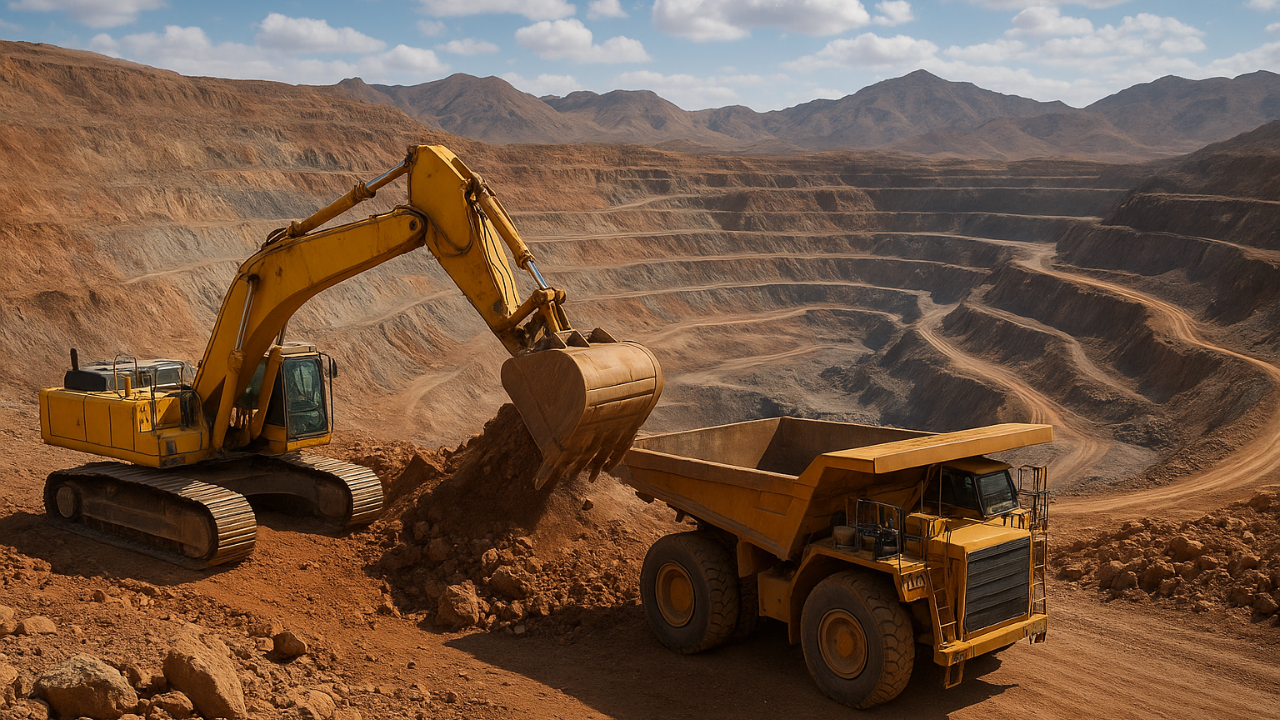
Can Pakistan Turn Its Mineral Jackpot Into an Economic Lifeline? (This is an AI-generated image)
Cash-strapped Pakistan is pinning its hopes on one of the world’s largest untapped copper and gold deposits to ease its economic troubles. The Asian Development Bank (ADB) is set to provide a $410 million financing package for the development of the Reko Diq mine in Balochistan, two sources told Reuters.
The scale of the project is massive: $6.6 billion in investment, a production target of 200,000 metric tons of copper annually in the first phase (rising to 400,000 tons in later years), and an estimated $70 billion in free cash flow over its 37-year lifespan. Canadian giant Barrick Gold holds 50% of the project, while the remaining stake lies with Pakistan’s federal and provincial governments.
For Islamabad, the project is a rare silver lining at a time when the country remains trapped in repeated IMF bailouts, a plunging rupee, and rising debt. Officials hope Reko Diq will serve as a springboard to attract global investors into Pakistan’s largely untapped mineral sector, including potential rare earth exploration.
The ADB package includes two loans worth $300 million to Barrick Gold and a $110 million financing guarantee for Pakistan’s government. The financing is part of a broader fundraising effort — developers are also in talks with the US Export-Import Bank, Export Development Canada, and Japan’s JBIC, and had earlier secured $700 million from the World Bank’s IFC.
Production is expected to begin by 2028, with Barrick Gold indicating the mine could run beyond its original 37-year timeline through upgrades and new exploration.
After years of delay due to legal disputes, only resolved in 2022, Reko Diq is finally moving forward. For Pakistan, it represents both an economic lifeline and a high-stakes bet that global financiers will keep faith despite the country’s unstable political and financial environment.
The mine also faces security challenges, as it is located in Balochistan, which has seen a lot of violent protests, where, in some cases, railway infrastructure also came under attack.